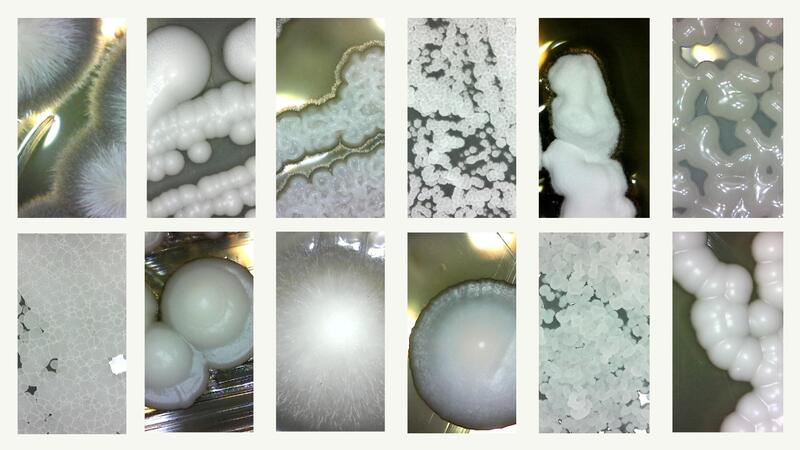News
Sustainable Biomass Conversion
These Jacks-of-all-trades are masters, too
In a landmark study based on one of the most comprehensive genomic datasets ever assembled, a team led by scientists at the University of Wisconsin–Madison and Vanderbilt University offer a possible answer to one of the oldest questions about evol
Madeline Hayes is a fifth-year graduate student in the Microbiology Doctoral Training Program (MDTP) at the University of Wisconsin–Madison and a member of the Venturelli Lab, where she studies microbial communities and how humans can leverage those systems to turn leftover plant materials into valuable chemicals.
Ane was recognized for contributions to the field of beneficial plant-microbe interactions, particularly understanding the signals that maintain soil quality for environmental sustainability and reduced costs for food, feed and biofuel production.
A junior from Hartford, Wis., Katarina Aranguiz was one of four University of Wisconsin–Madison students to receive a 2024 Goldwater Scholarship.
A senior scientist with the Great Lakes Bioenergy Research Center and Wisconsin Energy Institute, Yaoping Zhang contributed to dozens of frequently-cited papers, though colleagues remember him mostly as a joyful collaborator who sought to support those around him.
UW–Madison scientists have improved a method for making a popular painkiller from plants instead of petrochemicals. The approach could help make plant-based fuels more cost competitive.
The latest spotlight features Emma Boismier, a first year graduate student in the TerAvest Lab within Michigan State University's Biochemistry Department. Boismier was born and raised in Michigan, and earned a bachelor's in genomics and molecular genetics.
University of Wisconsin–Madison faculty have recognized Great Lakes Bioenergy Research Center science director Robert Landick for his contributions to teaching, research, and service.
New research from the University of Wisconsin–Madison decodes the evolutionary pathway of regulatory proteins, the molecules that help control gene expression.
With its streamlined genome, environmental versatility, and a single-minded focus on fermenting sugar into alcohol, Zymomonas mobilis could be a star player in the quest to replace fossil fuels with plant-based alternatives. UW–Madison scientists are working to understand what makes this microbe tick.
Zymomonas naturally produces ethanol, but with genetic modifications researchers have found ways to trick the microbe into making more valuable products like isobutanol, a form of alcohol that holds more energy and can more easily replace gasoline and jet fuel. There’s one big hurdle, though: While Zymomonas tolerates high levels of ethanol, even a little bit of isobutanol will stunt its growth.




